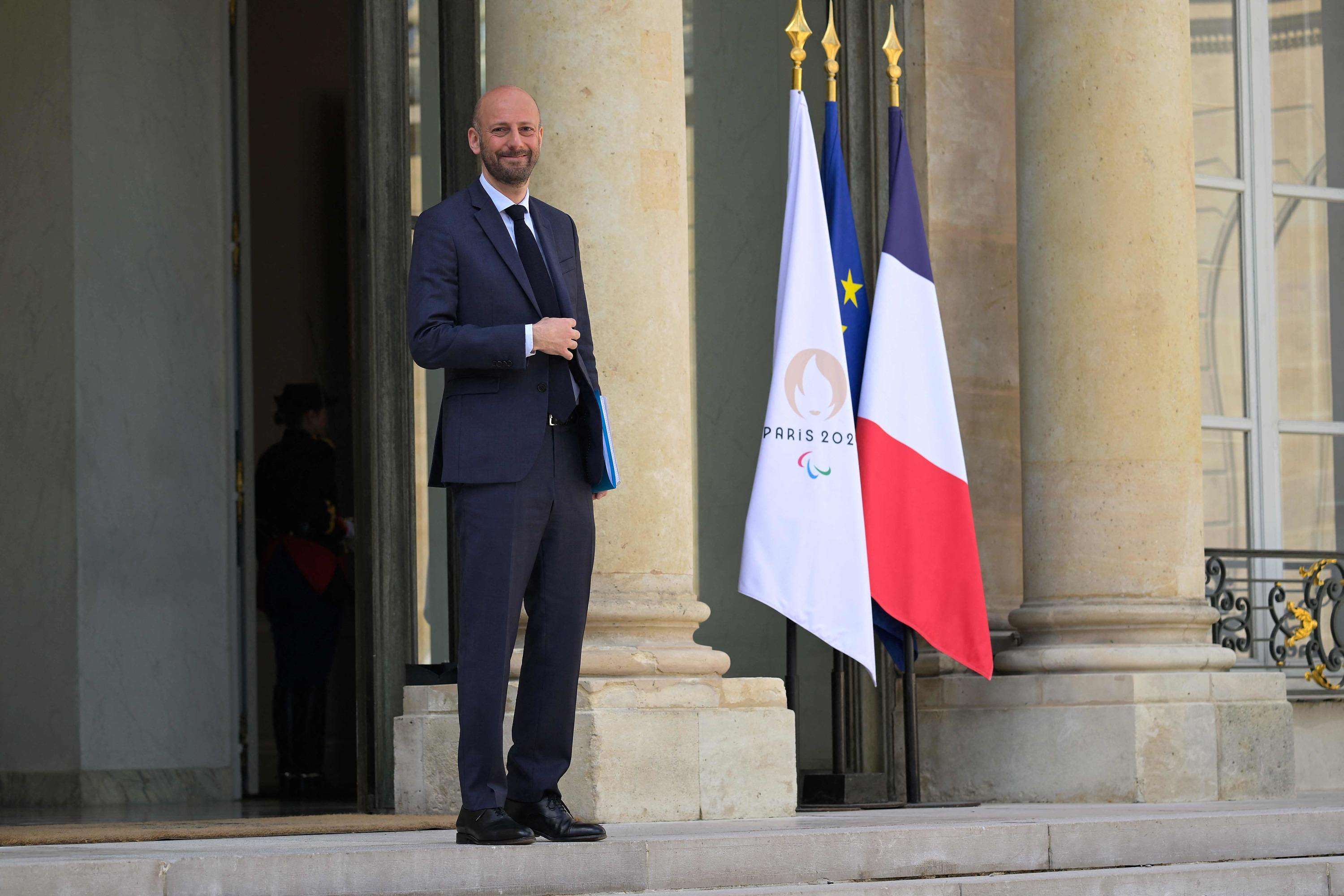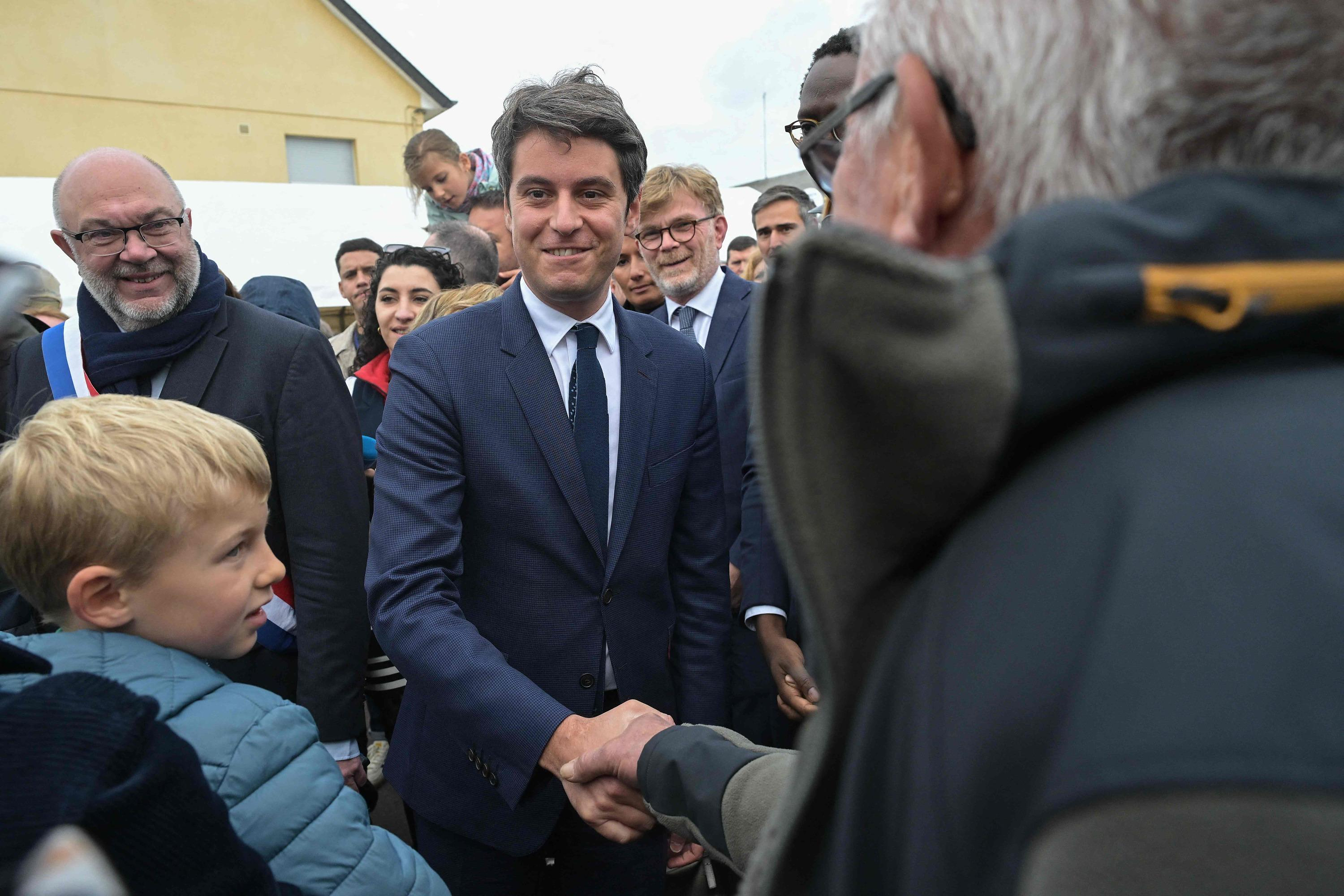Artificial intelligence (AI) is finally back on everyone's lips. Thanks Chat GPT. The AI system is pretty good at telling jokes, talking to us, and even programming computers.
It can even write halfway useful essays — so that some admonishers are already announcing the end of homework and expecting a revolution in the examination system at universities.
Chat-GPT also does quite well in the “Bar Exam”, the exam that prospective lawyers have to pass in order to be admitted to the US and which is comparable to our second state legal exam. But does this prove that machines are intelligent?
No, not yet. AI-based assistants such as chat GPT and recommendation algorithms interact with hundreds of millions of people every day and influence our everyday life in many ways, and yet they still have little understanding of us and our world.
Self-driving vehicles are becoming more proficient in their interactions with the world, but are still beginners when it comes to communicating with pedestrians and other cars, or collaborating with their human drivers.
Systems like Chat-GPT are hugely entertaining and surprisingly human-like, but they're still unreliable and don't "embody" true intelligence. Evolution has produced a variety of impressively beautiful body forms - from worms to fish to the human body. But why so many forms?
Because every shape, every body brings with it a special ability to act intelligently. The abilities of each body correspond to the environmental conditions of its habitat - north pole, deep sea, mountains, plains.
So the body is not just a shell or the executive medium of a behavior that would be devised and directed by the brain. In turn, it controls a significant part of behavior because it enables the brain to perceive the world and make meaningful decisions.
The core of current AI research has focused on disembodied perception and recognition. Chat GPT is no exception. And that's a problem: Because what you don't have in your head, you literally have to have in your legs. Unfortunately, chat GPT has neither legs nor body.
It may come as a surprise to many that the body actively contributes to biological intelligence. But we experience it ourselves every day: when we reach for the bowl of muesli for breakfast, of course we don't calculate in our heads with millimeter precision where our hand should touch the bowl.
Our hand-eye coordination and also the hand itself do a large part of the calculations. The hand is a flexible, soft sensor that, as if by magic (no pun intended), precisely positions the human hand and its fingers to grasp the bowl.
Fortunately, our brain does not have to worry about the details, it would be overwhelmed by it. People “calculate” not only with their brains, but also with their hands and their bodies. Having a body is a huge advantage even for a machine if you want to be intelligent!
Cognitive science, which studies perception and thought processes, shows that children's brains do not fully develop without social interaction. So one can expect that the progress towards a truly competent, socially and economically valuable AI without a body will be slowed down.
A body makes it easier for AI systems to "grasp" our physical world. It can give them a sense of space and maybe one day a sense of themselves. Having a body makes it easier to understand and respond to people's needs and intentions.
A body facilitates social interactions. With a body, the AI system can actively collect its own experiences and thus data, instead of relying on already collected data and pre-programmed knowledge.
We should finally give AI systems not only a spirit but also a body so that they can build up a social understanding and (conscientious) knowledge of our world. The body is the logical next step in reinventing our industry and manufacturing and securing our prosperity. What are we waiting for, let's do it!
Kristian Kersting is a professor for AI and machine learning at the TU Darmstadt, co-director of the Hessian Center for AI (hessian.ai), author of the book (“How machines learn”) and winner of the “German AI Prize 2019”.
Oliver Brock is the Alexander von Humboldt Professor for AI and Robotics at the TU Berlin and spokesman for the Cluster of Excellence "Science of Intelligence". Both of them co-founded the AI Club.
"Everything on shares" is the daily stock exchange shot from the WELT business editorial team. Every morning from 7 a.m. with our financial journalists. For stock market experts and beginners. Subscribe to the podcast on Spotify, Apple Podcast, Amazon Music and Deezer. Or directly via RSS feed.

 B:SM will break its investment record this year with 62 million euros
B:SM will break its investment record this year with 62 million euros War in Ukraine: when kyiv attacks Russia with inflatable balloons loaded with explosives
War in Ukraine: when kyiv attacks Russia with inflatable balloons loaded with explosives United States: divided on the question of presidential immunity, the Supreme Court offers respite to Trump
United States: divided on the question of presidential immunity, the Supreme Court offers respite to Trump Maurizio Molinari: “the Scurati affair, a European injury”
Maurizio Molinari: “the Scurati affair, a European injury” Beware of the three main sources of poisoning in children
Beware of the three main sources of poisoning in children First three cases of “native” cholera confirmed in Mayotte
First three cases of “native” cholera confirmed in Mayotte Meningitis: compulsory vaccination for babies will be extended in 2025
Meningitis: compulsory vaccination for babies will be extended in 2025 Spain is the country in the European Union with the most overqualified workers for their jobs
Spain is the country in the European Union with the most overqualified workers for their jobs In the United States, a Boeing 767 loses its emergency slide shortly after takeoff
In the United States, a Boeing 767 loses its emergency slide shortly after takeoff The A13 motorway will not reopen on May 1
The A13 motorway will not reopen on May 1 More than 1,500 items for less than 1 euro: the Dutch discounter Action opens a third store in Paris
More than 1,500 items for less than 1 euro: the Dutch discounter Action opens a third store in Paris 100 million euros in loans, water storage, Ecophyto plan… New measures from the executive towards farmers
100 million euros in loans, water storage, Ecophyto plan… New measures from the executive towards farmers New York justice returns 30 works of art looted from Cambodia and Indonesia
New York justice returns 30 works of art looted from Cambodia and Indonesia Les Galons de la BD dedicates War Photographers, a virtuoso album on the Spanish War
Les Galons de la BD dedicates War Photographers, a virtuoso album on the Spanish War Theater: Kevin, or the example of an academic failure
Theater: Kevin, or the example of an academic failure The eye of the INA: Jean Carmet, the thirst for life of a great actor
The eye of the INA: Jean Carmet, the thirst for life of a great actor Skoda Kodiaq 2024: a 'beast' plug-in hybrid SUV
Skoda Kodiaq 2024: a 'beast' plug-in hybrid SUV Tesla launches a new Model Y with 600 km of autonomy at a "more accessible price"
Tesla launches a new Model Y with 600 km of autonomy at a "more accessible price" The 10 best-selling cars in March 2024 in Spain: sales fall due to Easter
The 10 best-selling cars in March 2024 in Spain: sales fall due to Easter A private jet company buys more than 100 flying cars
A private jet company buys more than 100 flying cars This is how housing prices have changed in Spain in the last decade
This is how housing prices have changed in Spain in the last decade The home mortgage firm drops 10% in January and interest soars to 3.46%
The home mortgage firm drops 10% in January and interest soars to 3.46% The jewel of the Rocío de Nagüeles urbanization: a dream villa in Marbella
The jewel of the Rocío de Nagüeles urbanization: a dream villa in Marbella Rental prices grow by 7.3% in February: where does it go up and where does it go down?
Rental prices grow by 7.3% in February: where does it go up and where does it go down? Even on a mission for NATO, the Charles-de-Gaulle remains under French control, Lecornu responds to Mélenchon
Even on a mission for NATO, the Charles-de-Gaulle remains under French control, Lecornu responds to Mélenchon “Deadly Europe”, “economic decline”, immigration… What to remember from Emmanuel Macron’s speech at the Sorbonne
“Deadly Europe”, “economic decline”, immigration… What to remember from Emmanuel Macron’s speech at the Sorbonne Sale of Biogaran: The Republicans write to Emmanuel Macron
Sale of Biogaran: The Republicans write to Emmanuel Macron Europeans: “All those who claim that we don’t need Europe are liars”, criticizes Bayrou
Europeans: “All those who claim that we don’t need Europe are liars”, criticizes Bayrou These French cities that will boycott the World Cup in Qatar
These French cities that will boycott the World Cup in Qatar Toulouse-Racing 92: The liberating entry of Antoine Dupont, the Ile-de-France shipwreck... The tops and the flops
Toulouse-Racing 92: The liberating entry of Antoine Dupont, the Ile-de-France shipwreck... The tops and the flops Premier League: Sheffield United relegated after heavy defeat against Newcastle
Premier League: Sheffield United relegated after heavy defeat against Newcastle Judo: Audrey Tcheuméo consoles herself with a 5th European coronation
Judo: Audrey Tcheuméo consoles herself with a 5th European coronation Tennis: in Madrid, Rafael Nadal wins his revenge against Alex De Minaur
Tennis: in Madrid, Rafael Nadal wins his revenge against Alex De Minaur


















